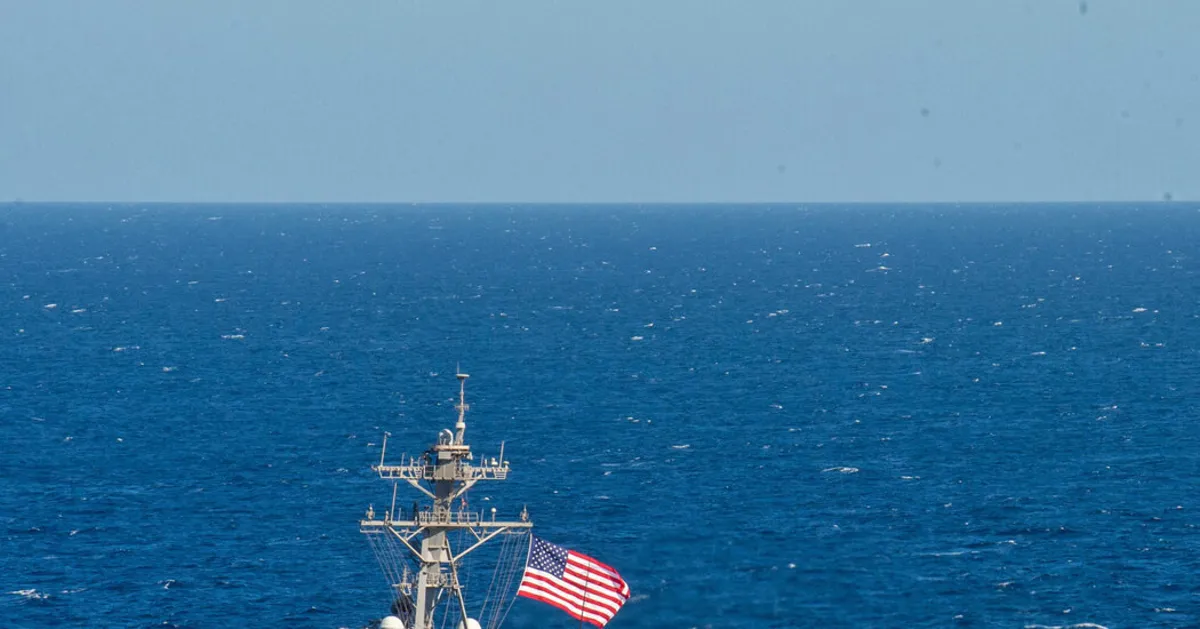
On Thursday, two armed Venezuelan F-16 fighter jets executed a provocative flyover of the U.S. Navy guided-missile destroyer Jason Dunham in the southern Caribbean Sea. This incident marks a significant escalation in tensions between the Trump administration and Venezuelan President Nicolás Maduro, according to a Defense Department official.
The U.S. warship did not engage with the Venezuelan jets during this encounter. A Pentagon statement released later that night characterized the flyover as a “highly provocative move” intended to disrupt ongoing counter-narco-terror operations. The Pentagon explicitly warned the cartel operating in Venezuela to refrain from any further interference with U.S. military efforts aimed at combating narcotics and terrorism.
This flyover occurred just two days after the United States executed a military strike on a Venezuelan boat in the Caribbean, which U.S. officials claimed was transporting drugs. President Trump reported that the strike resulted in the deaths of 11 members of the Tren de Aragua gang. However, it remains unclear if these individuals were given an opportunity to surrender prior to the attack.
The Jason Dunham is part of a larger fleet of warships and surveillance aircraft that the Pentagon has been deploying in the region as a component of a comprehensive counternarcotics operation. Recently, President Trump signed a still-classified directive that authorizes the Pentagon to employ military force against certain Latin American drug cartels, which his administration categorizes as “terrorist” organizations.
On Wednesday, Secretary of State Marco Rubio emphasized that past efforts to seize drug shipments have failed to deter cartels and traffickers. He stated, “What will stop them is when you blow them up, when you get rid of them.” This statement further escalates the rhetoric surrounding the U.S. military's role in addressing the drug crisis in Latin America.
In response, President Maduro has accused Rubio of attempting to provoke President Trump into initiating a violent conflict. The situation remains tense as both nations navigate this complex geopolitical landscape, with potential repercussions for regional security and international relations.